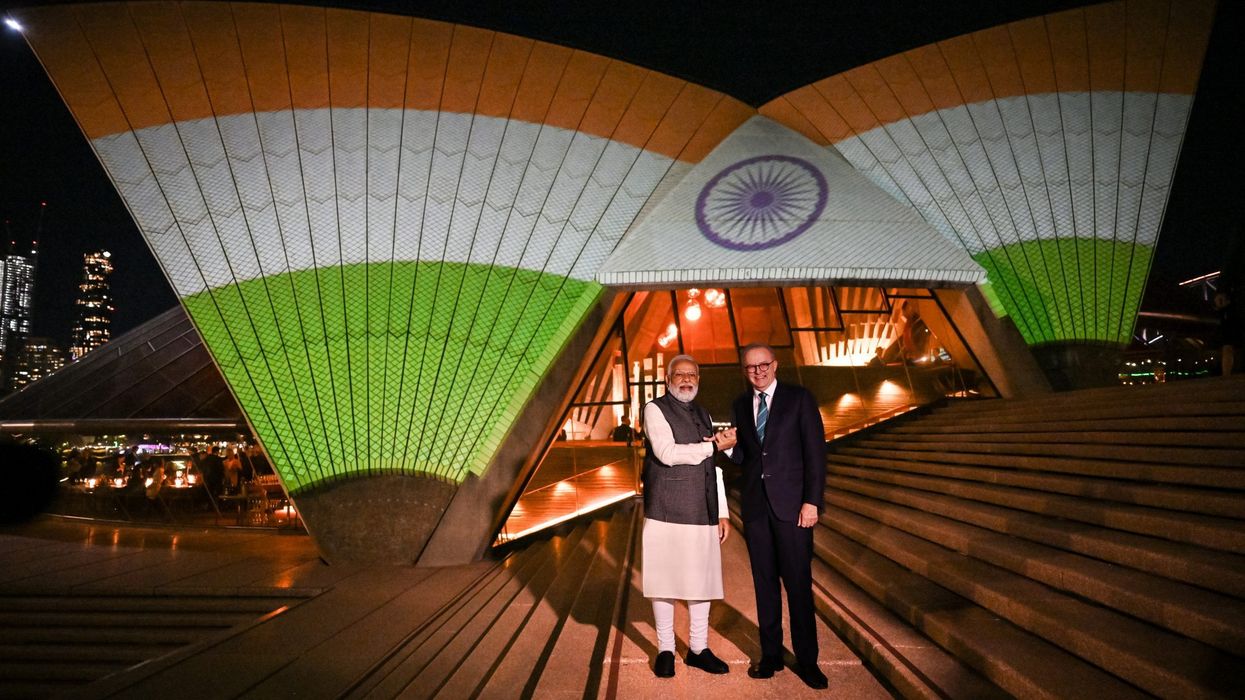Australian prime minister Anthony Albanese revealed on Wednesday (24) that Australia will establish a new Consul-General in Bengaluru this month.
This announcement follows Indian prime minister Narendra Modi's statement that India will open a consulate in Brisbane, demonstrating the efforts of both countries to strengthen their bilateral relations.
After discussions with Modi, Albanese highlighted that the new diplomatic mission in Bengaluru will facilitate connections between Australian businesses and India's thriving digital and innovation ecosystem.
The forthcoming Consul-General in Bengaluru will be Australia's fifth diplomatic mission in India, joining the existing ones in New Delhi, Mumbai, Chennai, and Kolkata.
Meanwhile, India currently maintains three consulates in Sydney, Melbourne, and Perth, with Brisbane hosting an Honorary Consulate of India.
"Expanding Australia's diplomatic footprint to Bengaluru will connect Australian businesses to India's booming digital economy and innovation ecosystem, and reinforce our growing links in science and technology,” Albanese said.
He also welcomed India's plans for a Consulate-General in Brisbane.
About G-20, Albanese said that he is looking forward to returning to India for the G20 Summit. "My ministers are regularly visiting India for the G20 discussions that have taken place across the full range of portfolios which are there," he added.
During their meeting, the two leaders, exchanged MoUs on various important topics including mobility, migration, and the establishment of a green hydrogen task force.
Albanese also emphasised the significance of his meeting with Modi, highlighting the strong bond and friendship between Australia and India.
“In my first year as Prime Minister, I have met with Prime Minister Modi six times, which underscores the value we place on deepening ties between our nations. Australia is a better place because of the contributions of the Indian-Australian community, and we want to see more connections between our countries,” he said.
Albanese also expressed his delight in inaugurating the Centre for Australia-India Relations, which will be located in Parramatta, Western Sydney.
The centre's main objective is to collaborate with government, industry, academia, and the community to strengthen the relationship between Australia and India and encourage businesses to capitalise on the opportunities presented by their economic partnership.
Furthermore, Albanese also discussed the recent Quad Summit held in Hiroshima, Japan, on the sidelines of the G7 Summit.
“Prime Minister Modi's visit to Australia has strengthened the close and strong relationship that Australia enjoys with India,” Albanese said.
“This is a relationship we need to invest in. Our strong partnership with India will deliver benefits for Australia in trade, investment, and business, and in regional security and stability.”
Modi also held meetings with Governor General of Australia David Hurley and Leader of the Opposition Peter Dutton, focusing on enhancing the people-to-people ties between the two nations and reinforcing their longstanding bilateral partnership.
(PTI)




